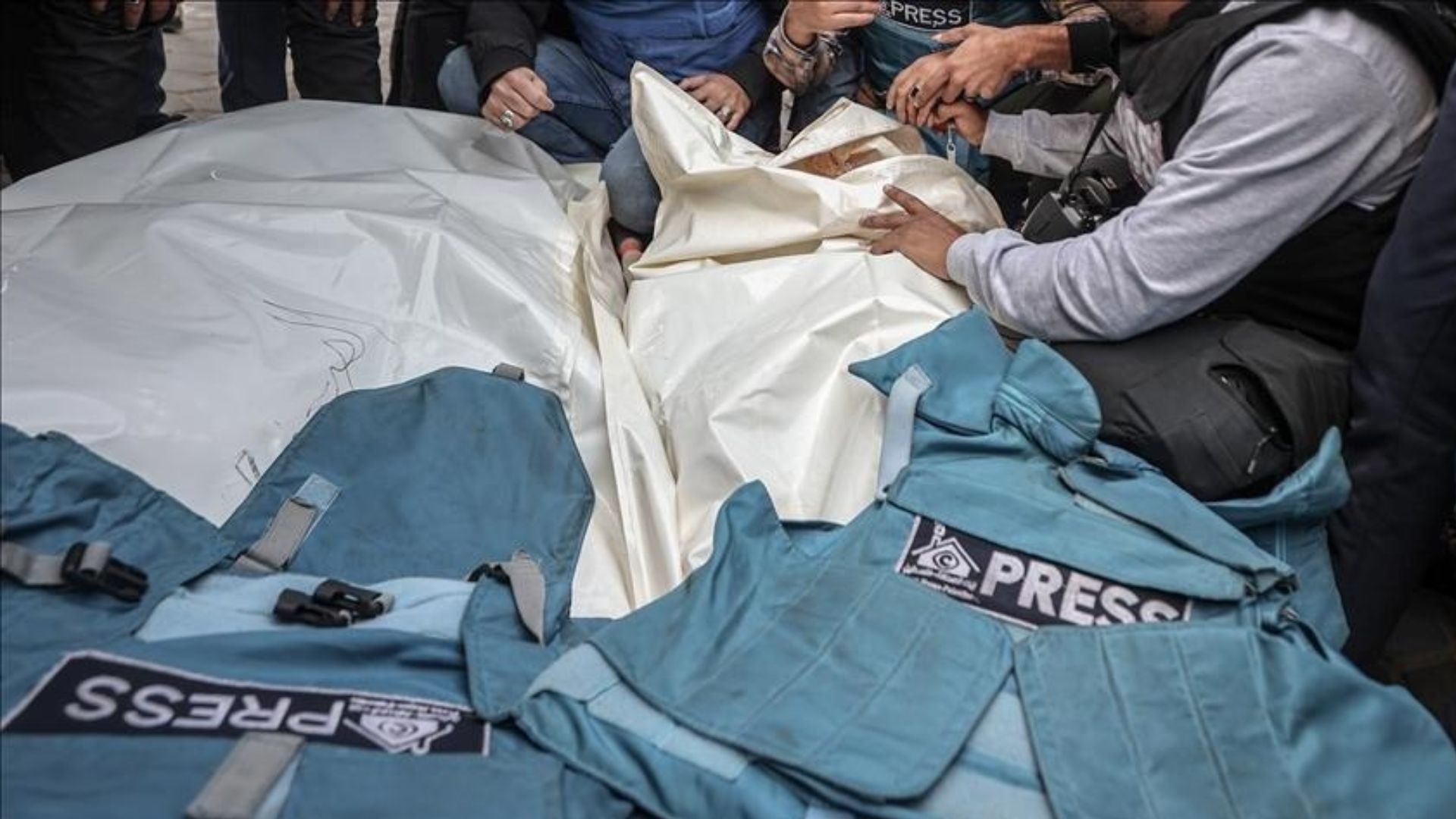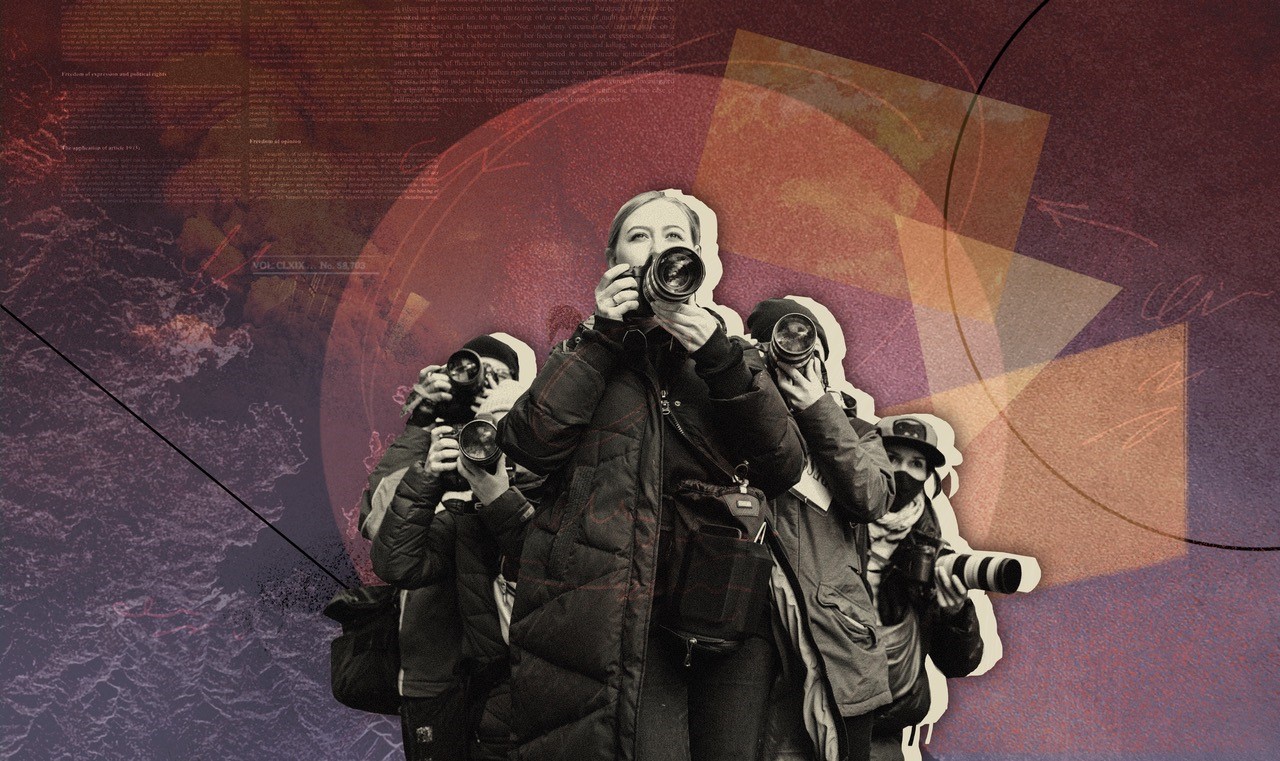
How Israel’s “Digital Army” Suppresses Truth in Gaza: A Critical Overview
October 8, 2025
Gaza Tally: Two Medical Workers Killed Daily, One Journalist Every Three Days
October 9, 2025UNESCO has established a Global Repository of National Safety Mechanisms for Journalists, oriented around the UN Plan of Action on the Safety of Journalists and the Issue of Impunity. This repository aggregates best practices, national policies, and concrete mechanisms that states, media institutions, civil society, and other stakeholders have instituted to thwart violence against journalists.
At its core, the Repository underscores that national safety mechanisms—though varied in design and operation—must bring together three pillars: prevention, protection, and prosecution. These mechanisms typically engage state actors (security forces, judicial institutions, government agencies), media representatives, and civil society to collaboratively confront threats against the press.
Prevention efforts involve early warning systems, media-safety training, risk mapping, and coordination platforms to reduce threats before they escalate. Protection may include physical security support, legal aid, emergency relocation, secure communication channels, and psychosocial support. Prosecution entails ensuring allegations of attacks on journalists are investigated thoroughly, perpetrators held to account, and legal frameworks are adjusted to dampen impunity.
The Repository also includes National Action Plans that integrate journalist safety into broader human rights, development, and governance strategies. These plans serve as multi-stakeholder instruments that align national policy with global standards.
UNESCO asserts that this Repository is intended as a living tool: it documents existing mechanisms, highlights gaps and innovations, and invites states and nonstate actors to contribute new inputs. As of now, the Repository spans dozens of countries and regional mechanisms, such as those in Bosnia and Herzegovina, Colombia, Brazil, Ethiopia, Ghana, and Pakistan, among others.
By compiling these national precedents, UNESCO aims to accelerate the repositioning of the UN Plan for its second decade, urging that the protection of journalists becomes deeply embedded in national policies and institutional frameworks. The challenge is urgent: journalists continue to face assaults, threats, censorship, and lethal violence globally. The Repository offers not just a catalog of mechanisms—but a toolbox for states and actors to adopt, adapt, and intensify protections in high-risk environments.
Reference –
https://www.unesco.org/en/safety-journalists/un-plan-action/national-safety-mechanisms

